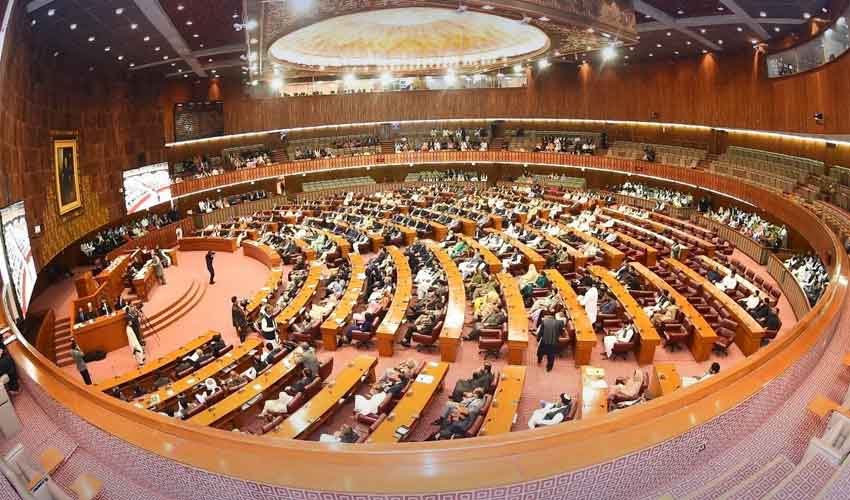The federal government has introduced a bill in the National Assembly seeking further amendments to the Anti-Terrorism Act, proposing significant changes to the detention and trial processes for individuals involved in serious crimes.
The proposed bill aims to enhance the authority of the armed forces and civil security agencies, granting them additional powers to detain suspects linked to national security threats and specific criminal activities.
One of the primary amendments focuses on section 11, sub-section 4E of the Anti-Terrorism Act. If enacted, this amendment would authorize the armed forces and civil security agencies to detain individuals suspected of crimes for a period of up to three months.
This authority extends specifically to cases involving national security, defense, public order, and other severe offenses, such as ransom demands, extortion, target killings, and kidnapping.
Moreover, the proposed legislation underscores the importance of a transparent legal process. Should a detention extend beyond the initial three-month period, the bill mandates adherence to Article 10A, ensuring the right to a fair trial for the detained individuals.
This provision aims to balance the need for security with respect for judicial transparency and the rights of the accused.
In situations where a detention order is issued by the armed forces or civil security agencies, the bill outlines a structured approach to the investigation.
A Joint Investigation Team (JIT) would be formed to handle such cases, comprising a Superintendent of Police (SP), representatives from intelligence agencies, civil armed forces, armed forces, and other law enforcement entities.
This collaborative investigative framework is intended to provide a comprehensive and balanced evaluation of allegations, with input from various relevant authorities.
The proposed bill signifies a notable shift in the government’s approach to managing severe crimes that threaten national security. It reflects a commitment to enhancing security protocols while ensuring due process and accountability.


